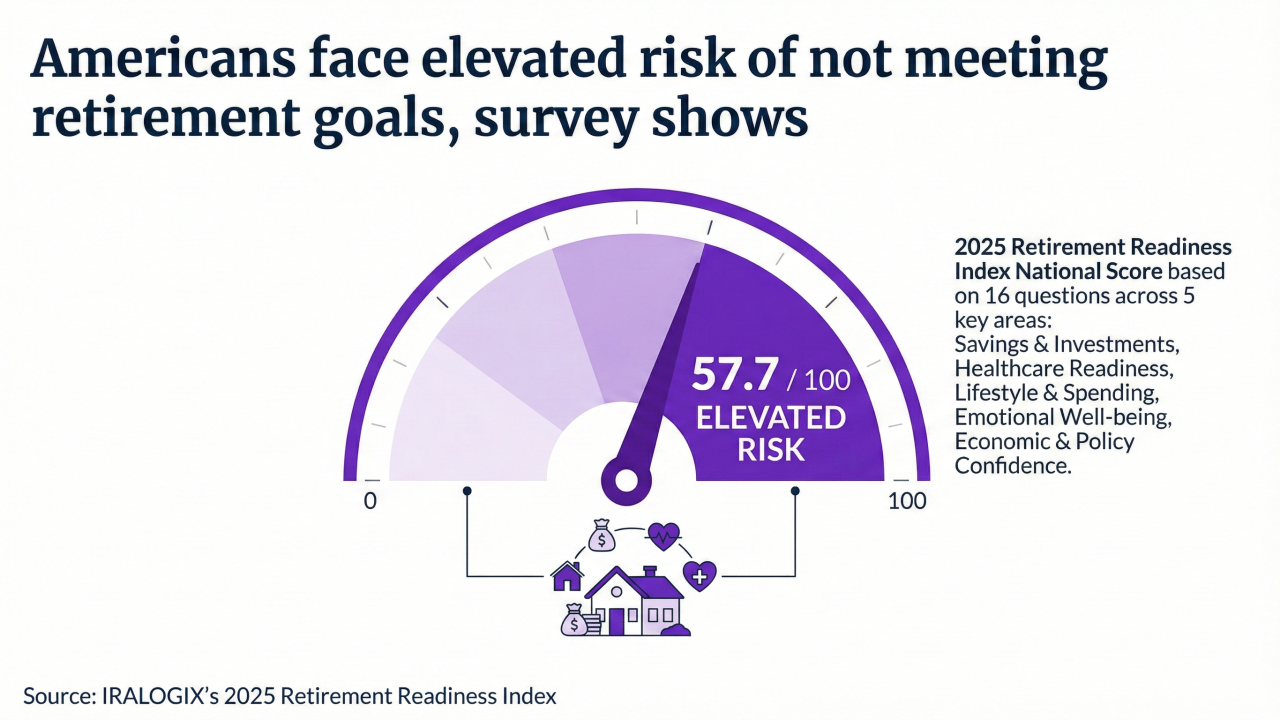As a benefits consultant, celebrating my 50th birthday was a lot like anticipating the full implementation of health care reform. At first,a long way off, both events arrived here before we knew it and - no matter how many times we tried to deny it or delay it - both were inevitable.
Celebrating this milestone while working feverishly with clients to strategically address health care reform's complexities, led me to the following comparisons between turning 50 and health care reform:
1. It can be pricier than you think. Why celebrate your special day for just 24 hours? I believe people hitting 50 should celebrate for months. From a weekend trip to Chicago with my two BFFs to family dinners and wonderful gifts, my husband of 27 years pulled out all the stops.
The Affordable Care Act is expensive too. The delay in the employer mandate is expected to ring up a $10 billion bill as fees and penalties hold off for another year. Extending subsidies for lower-income earners to purchase health insurance will also add to the bill. Meanwhile, insurance companies anticipate a windfall as millions of new customers join the ranks of the insured. Forward-thinking consultants are setting up websites to attract these new purchasers, hoping to shore up declining business revenues from commission "haircuts" experienced for the last several years.
2. It can be confusing. Figuring out what you want to be when you grow up doesn't change just because you're tuning 50. In 1998, my mother and I started our own benefits consulting business. Just 35 at the time, I had no appreciation for the leap of faith Mom was making. Now, at 50, I'm incredulous that she left a great job to kick off her own company at a time when most people are looking forward to retirement.
People can be confused by health care reform, too. The law continues to evolve. Employers make decisions based on the information they have today and then find that things change, sometimes retroactively. Consultants have a great opportunity to be that "blue flame" that illuminates the path to understanding and implementing health care reform, and they can help employers sift through the noise to develop strategies that attract, retain and engage employees.
3. It creates tremendous opportunity. Marketing to those over 50 can be lucrative. From age-defying wrinkle creams to expensive midlife-crisis toys, we have the wherewithal to purchase luxury items. Enterprising entrepreneurs are embracing the change brought on by health care reform and are offering new products and services. While some benefits brokers are exiting the health side of the business because they are overwhelmed with the complexity of reform, opportunity awaits for proactive brokers. For example, employers seeking to cut costs may backfill with cost-neutral, employee-paid voluntary benefit programs.
4. It can be rewarding. At my 50th birthday celebration I received plenty of "over the hill" birthday cards. One friend pointed out that statistically my life is already two-thirds over. But I'm not looking at retirement - I have to help my clients, who have depended on me and my staff for many years, to prepare for the changes. Consultants will be in the best position to help clients determine their total rewards strategy to attract, engage and retain staff. Health insurance is just one of the many ways employers compensate employees. Research shows that when employees have a strong understanding of the value of their entire total rewards package they are more satisfied.
5. It offers wellness incentives. When I turned 50 my husband enrolled both of us at the local gym. I wasn't sure if I should be offended or intrigued, but now we're both hooked. The workouts focus on variety of exercises that are performed at high intensity for short duration. Over the course of 12 weeks, we recovered our muscle definition, increased our strength and endurance, and - this one wasn't in the brochure - enhanced our 27-year marriage with fun and camaraderie. Health care reform creates new incentives for implementing and expanding employer wellness programs aimed at not only improving the health of employees, but potentially controlling costs. Now, with the maximum possible reward jumping up to 30% and as much as 50% for nontobacco-use programs, consultants have even more opportunity to work with clients to implement programs that promote healthy behaviors, improve employee participation in screenings and provide long-term benefits while driving costs down.
6. It can create unexpected benefits. This past summer we were empty-nesters. Sorry to break it to you kids, but we loved it! We ate when we wanted, controlled the TV remote and never, ever had to tell Buddy the cat to turn down his music.
Health care reform is already promoting mechanisms that are yielding positive results as well. In Maine, health systems have reported optimistic early results from accountable care organizations promoted by health care reform. These alliances between doctors and hospitals are trying an experimental approach to reduce costs while still providing high-quality care for at-risk patients.
7. It's an incentive to evaluate strategies. Turning 50 is a great time to take stock of your life. Health care reform, meanwhile, begs for conversations about benefits strategy. If you're a provider with strong benefits communication and workplace education, as well as financial modeling tools, you are in a position to not only work with your own clients, but capture the attention of your competitors' clients as well. Employees have long looked to their employers for benefits information and you can enhance your position as a knowledgeable consultant by providing eye-catching, easy-to-read communications that educate employees.
8. You need to manage expectations. At the gym, my husband and I found our bodies didn't always translate what our brains were telling our limbs to do. The expectations of employees need to be managed as well. We often hear that people expect to get "free insurance" on public health care exchanges. When financially modeling the potential impact, however, in many cases the subsidy provided by the employer is more advantageous than what the enrollee may qualify for under health care reform.
9. Use your skills to be creative. In my senior year of high school, I skipped English and enrolled in home economics to learn how to sew. I caught a lot of flak from the other college-bound seniors who derided students in such tactile classes as home economics and industrial education. Now, 30 years later, those stitching skills have reaped years of benefits. Not only did I design and sew my own wedding dress, my children always had cool Halloween costumes. Today, at 50, I've gone from sewing Easter dresses to piecing quilts, but an uncut piece of material still kindles my creativity.
Brokers will need to be creative, too, as this dramatic shift in the way people purchase health insurance coverage evolves. Health care reform provides multiple opportunities to work with clients to use a total rewards focus to attract, engage and retain their employees. Consultants around the nation have developed new products such as private insurance exchanges that were unheard of before health care reform.
The future is uncertain, but you can navigate health care reform just as you would steer a clear course for the next 50 years of your life - with clearly defined goals, timelines and objectives. Health care reform will have a profound impact on the benefits industry, but just like turning 50, whether you embrace the change or dread it, it's coming either way.
Laurie S. Miller is area senior vice president for Gallagher Benefit Services in Rockford, Ill. She can be reached at





